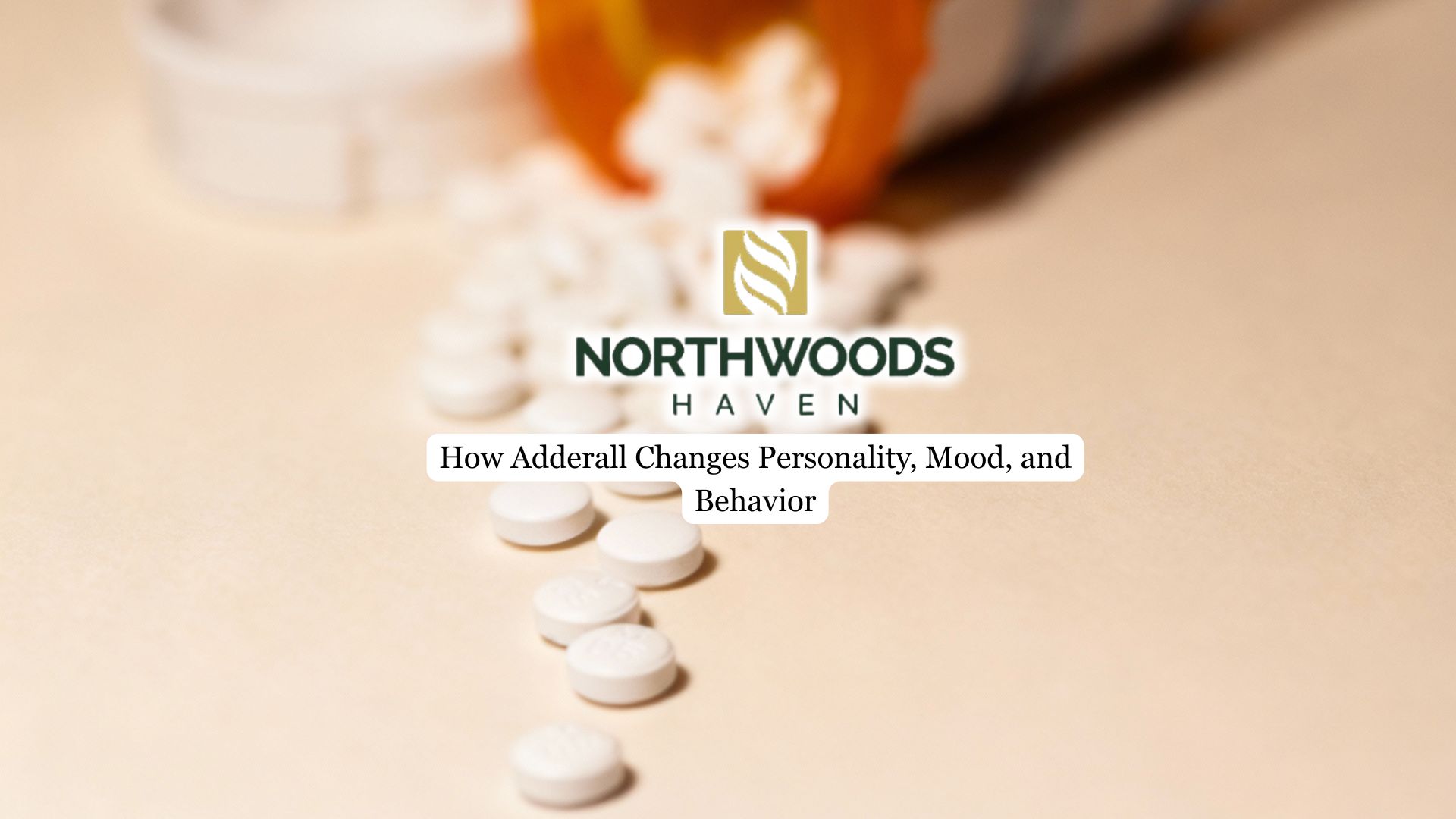Adderall is a stimulant medication that helps improve focus and alertness, but its effects on personality, mood, and behavior are complex and sometimes misunderstood. These changes can vary greatly depending on dosage, individual factors, and duration of use.
In this article, we will explore how this medication alters the brain and emotions, shedding light on its psychological impact beyond clinical benefits.
What is Adderall?
Adderall is composed of amphetamine salts that stimulate the central nervous system by increasing the levels of neurotransmitters such as dopamine and norepinephrine. These chemicals play a crucial role in regulating attention, motivation, and mood.
Medically, it is approved primarily for treating ADHD and narcolepsy, enhancing concentration and wakefulness. Its mechanism involves boosting neural activity in certain brain regions, which can also lead to side effects impacting personality and behavior, especially when misused or taken long-term.
The Risks of Prolonged Adderall Use
Long-term or high-dose use of Adderall carries risks of addiction and dependency, as the brain becomes reliant on the drug’s stimulating effects. Chronic use may impair cognitive flexibility, emotional regulation, and increase susceptibility to anxiety or mood disorders. This amphetamine can also damage nerve cells, increase the risk of seizures, strokes, increased blood pressure, and abnormal heart rhythms, and lead to severe cognitive and emotional impairments, including psychosis and depression.
Adderall addiction can change brain chemistry through repeated stimulation and may result in tolerance, dependence, and a challenging withdrawal process marked by fatigue, anxiety, and mood swings. Withdrawal symptoms such as fatigue, depression, or irritability can further complicate behavioral health.
Addressing addiction requires amphetamine addiction treatment that supports safe detoxification and helps rebuild healthy brain function and behavior, emphasizing the critical importance of professional care for lasting recovery and minimizing long-term harm.
Personality and Behavioral Changes
Personality refers to the consistent patterns of thinking, feeling, and behaving that define an individual. The drug can temporarily alter personality traits, often causing heightened confidence, increased sociability, or a sense of euphoria.
It can also significantly change user demeanor, often improving focus, task motivation, and reducing impulsivity in those with ADHD. Some users report feeling more outgoing or assertive, while others may experience irritability or restlessness. However, altered behavior can also manifest as agitation or decreased patience, and it may increase risk-taking, obsessive tendencies, or social disinhibition in some users.
These behavioral shifts affect everyday functioning and decision-making, making it key for users to be aware of how the medication influences their interactions and choices.
Clinical and Real-World Perspectives
Adderall’s effects vary widely between therapeutic use and recreational misuse. In clinical settings, it can significantly improve the quality of life for people with ADHD, helping them sustain attention, regulate impulses, and manage daily responsibilities more effectively. For a student or professional with ADHD, the medication can mean the difference between constant distraction and productive focus, allowing them to meet deadlines, maintain routines, and engage socially with greater ease.

However, these benefits depend heavily on accurate diagnosis, proper dosage, and medical oversight. Individuals who take it recreationally often seek sharper concentration or longer hours of wakefulness, but may experience side effects such as irritability, anxiety, or emotional withdrawal. What begins as a “study booster” or productivity aid can spiral into dependence, where the person feels unable to perform or even socialize without the drug.
In real-world contexts, misuse can lead to strained relationships. Friends or family may notice mood swings, increased impatience, or uncharacteristic aggression. Professionally, a person might initially excel due to heightened drive, only to later face burnout, conflict, or inconsistent performance as tolerance builds and crashes become more severe. These fluctuations can damage credibility, emotional stability, and self-esteem.
Managing and Mitigating Negative Effects
Minimizing Adderall’s negative effects starts with consistent medical supervision to ensure proper dosage and monitor mental health. Each person’s response to stimulants varies, so regular check-ins help detect mood shifts, restlessness, or emotional blunting before they worsen. Therapeutic support can also help manage anxiety, impulsivity, and mood swings while promoting healthier coping strategies and emotional self-regulation.
Lifestyle habits play an equally vital role. Balanced nutrition, sufficient sleep, hydration, and regular physical activity stabilize mood and help offset “crash” effects as the medication wears off. Even simple practices like taking screen breaks, pacing tasks, or setting reminders to eat can improve overall balance. Above all, open communication with healthcare providers about any personality or mood changes ensures timely treatment adjustments and long-term emotional well-being.
Final Thoughts from Northwoods Haven Recovery
Adderall’s influence extends beyond attention enhancement. It can significantly shape personality, mood, and behavior in complex ways. While it offers therapeutic benefits, the potential for emotional and behavioral changes requires responsible use and professional guidance.
We at Northwoods Haven offer comprehensive treatment options tailored to the patient’s individual needs. Our amphetamine addiction rehab program in Minneapolis, MN, focuses not only on overcoming substance abuse but also on managing co-occurring mental health issues and developing healthier habits for long-term recovery. Our compassionate team is dedicated to supporting each individual’s journey toward lasting recovery, empowering them to regain control over their life and embrace a healthier, more balanced future.



